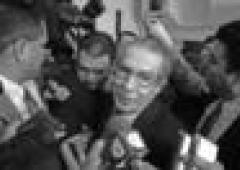In recent years, Honduras has become a chief transit point for drugs bound for Mexico and the United States. Local gangs, like the Mara Salvatrucha, often collaborate with Mexican drug cartels and have far more power and authority in most parts of Honduras than police. The combined lawlessness has caused Honduras to become the country with the world’s highest murder rate.
